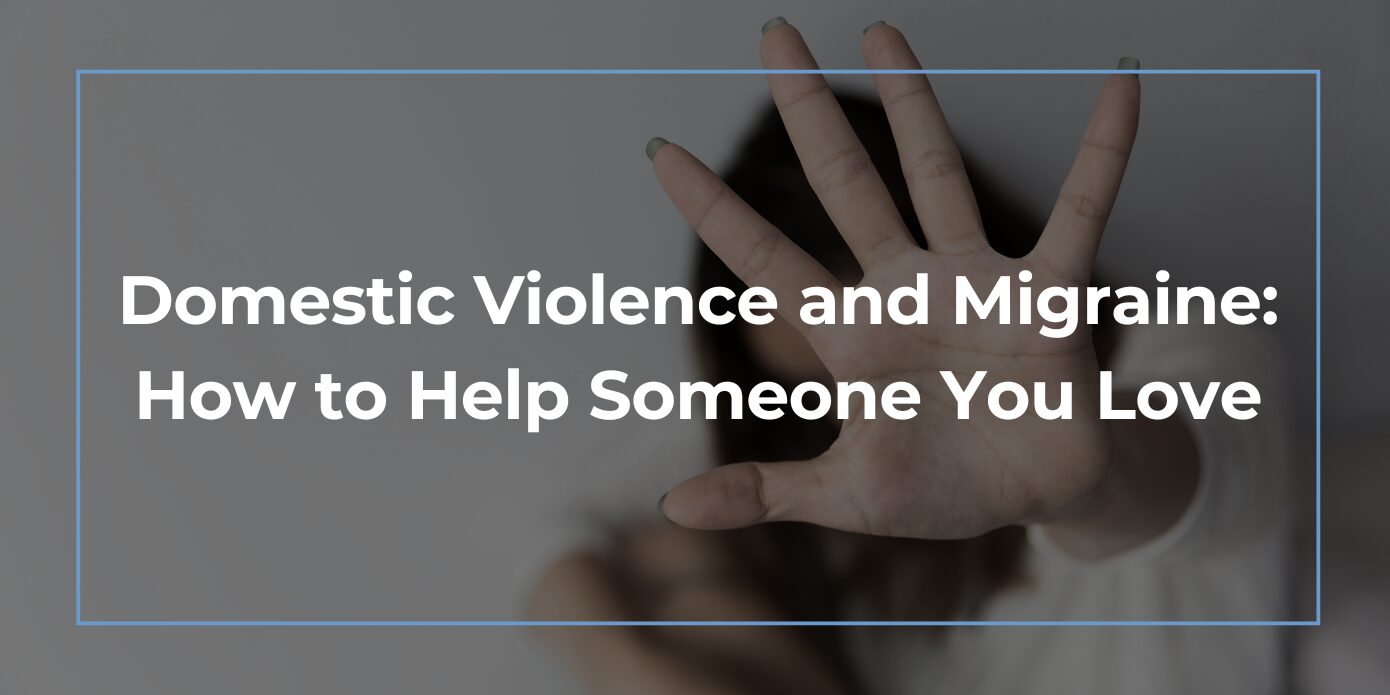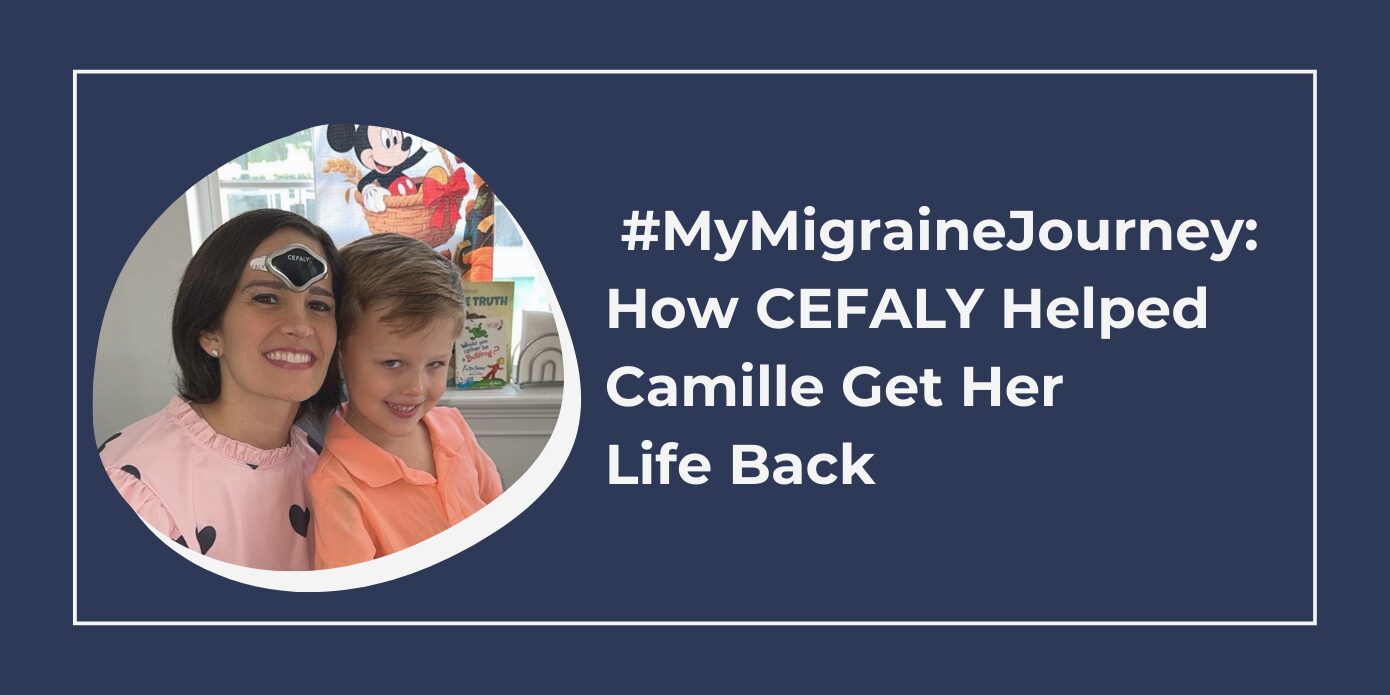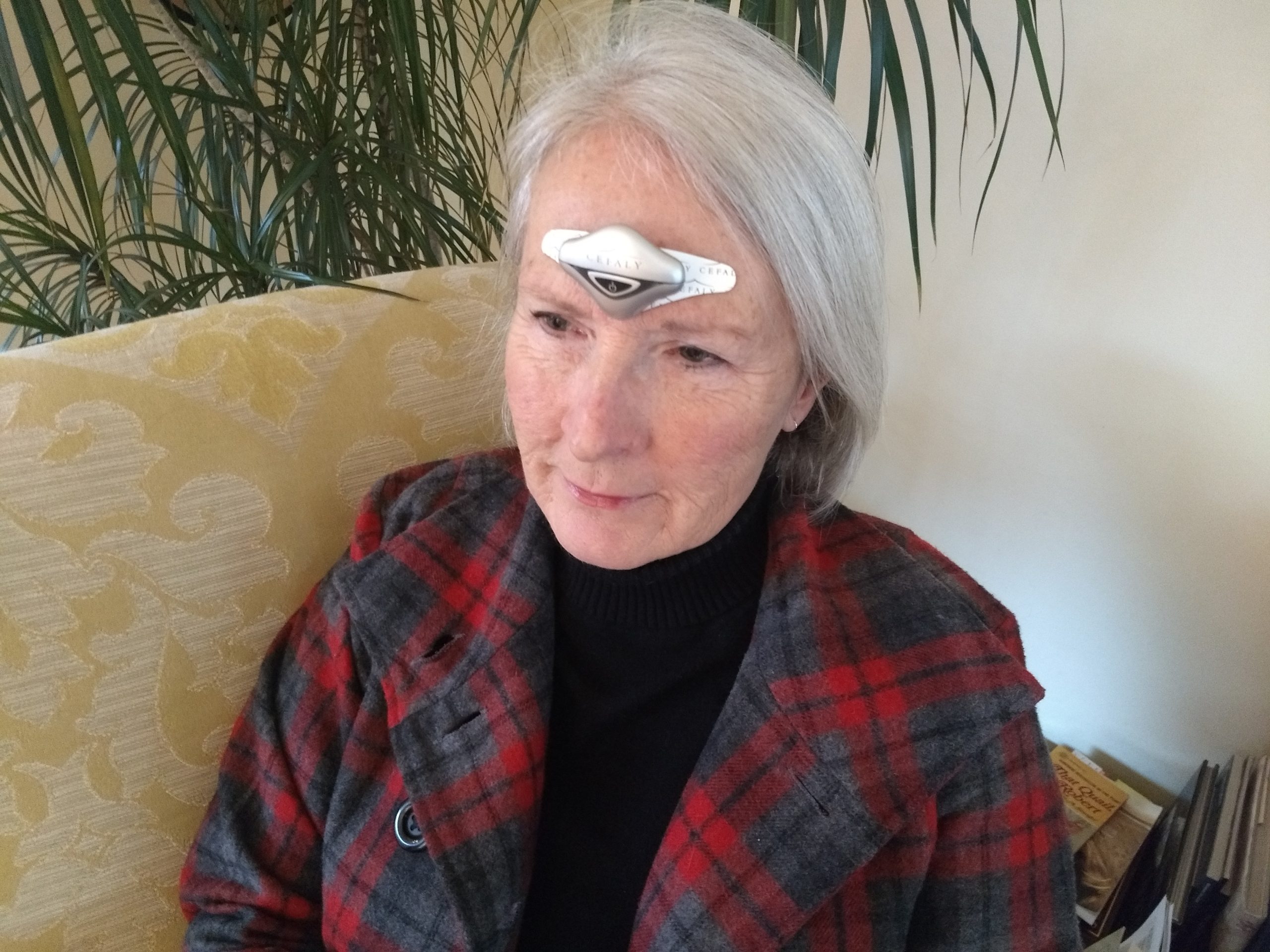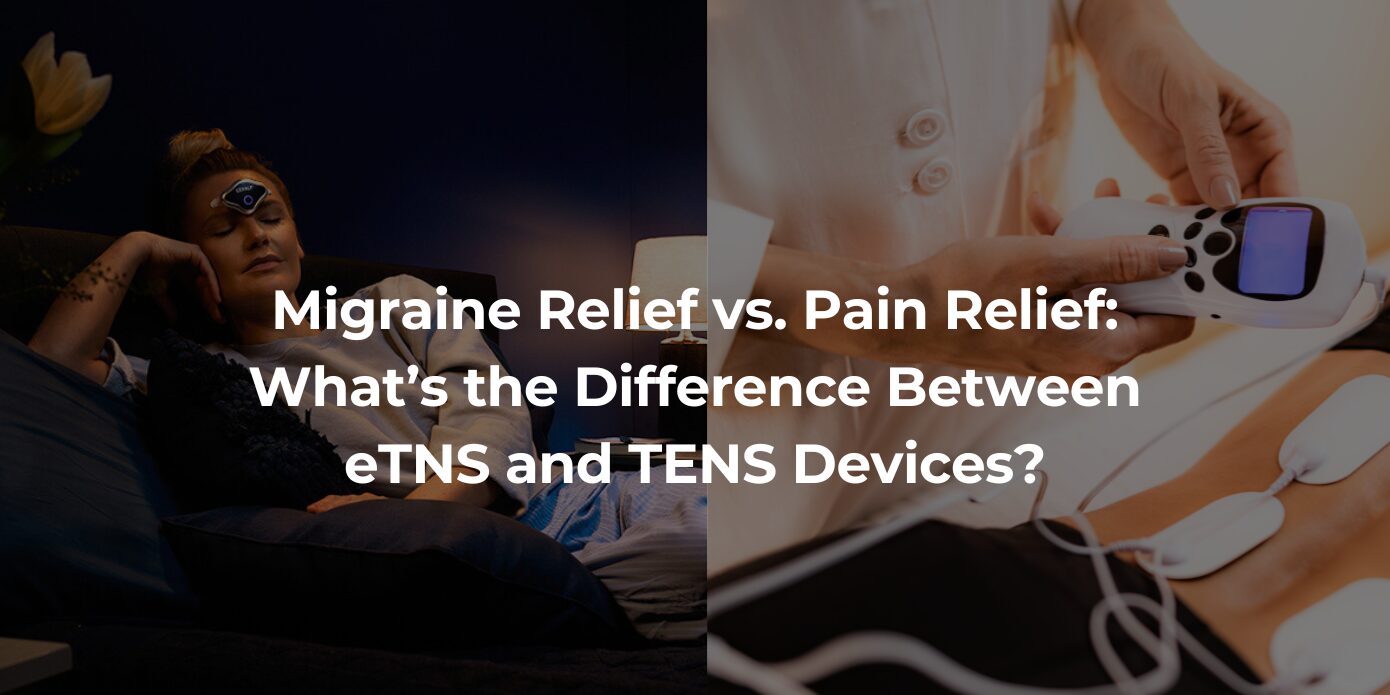You’ve noticed changes in your friend’s behavior, especially when around her significant other. She’s quiet; she’s careful with her words; she looks at her partner before answering. You’ve noticed she says ‘no’ to plans or cancels more often. You’ve noticed she’s had a lot more migraine attacks.
More than 1 billion people live with migraine, and an overwhelming number of them are women. In fact, migraines are about three times more common in women than men, according to the American Migraine Foundation.
Having migraine can also make women more vulnerable to domestic abuse. That’s because people with chronic illnesses, such as migraine, often depend on their partners for economic, emotional, and medical support.
As a friend or family member of someone you suspect — or know — is living in a domestic abuse situation, you may feel helpless. You’re likely not an expert and not sure how to help, but urgently want her out of her situation. You know she’s suffering and want her to know she’s not alone and there is help available.
How to spot the signs of abuse
Often times it’s the people around those being abused who see the red flags. Genesis Women’s Shelter & Support in Dallas, Texas, notes the following examples as possible indicators someone you love is in an abusive relationship:
- The abuser seems to have the final say in every decision and she appears reluctant/fearful to give a final answer.
- You realize she does not have any access to her own financial means.
- She appears fearful of any sort of confrontation.
- She tends to minimize words and/or behaviors in the relationship that seem inappropriate or abusive to you.
Discussing these and other red flags with your friend or family member may be difficult, especially if the person is fearful or in denial. Your friend may not even realize she or he is in an abusive relationship. We’ve compiled some relationship red flags that may help, with specific examples of how they might look for someone who lives with migraine.
How you can help
Whether you approach your loved one or she approaches you, it is important she knows you support her unconditionally. Genesis lists some initial ways you can be there for your loved one:
5 Ways to Help a Friend
- Believe her.
- Don’t blame her.
- Help her begin to think about safety planning.
- Refer her to a domestic violence resource like Genesis or The National Domestic Violence Hotline.
- Continue to provide support.
In addition, you’ll find some important resources at the end of this article for you and your loved one to reach out to. Genesis in particular has a direct hotline as well as a comprehensive website that details additional ways you can get educated and help your family member or friend.
A deliberate partnership
We at CEFALY Technology understand the importance of trustworthy, accessible help and have embarked on a new initiative, CEFALY Cares, which assists and empowers people living with migraine around the United States.
In May of 2024, we announced our first collaboration with Genesis Women’s Shelter & Support to help domestic violence survivors living with migraine.
Genesis is an organization that was founded with a goal to not just help women, but to completely eradicate domestic violence. Their ongoing mission is “to provide shelter, safety and support for women and children who have experienced domestic violence, and to raise awareness regarding its cause, prevalence and impact.”
They note that one in four women in the United States will experience domestic violence during her lifetime. These high numbers indicate that most, if not all of us know someone who has or will experience violence in an intimate relationship.
Try CEFALY to Prevent & Relieve Migraine Pain
A noticeable connection between domestic violence and migraine
When understanding the impact domestic violence has on the prevalence of migraine in survivors, it’s important to look at the daily existence of someone in an abusive relationship.
There are many reasons why migraine and domestic violence are frequently experienced together:
- Research has shown that people who experience or witness domestic violence in childhood are more likely to develop a headache disorder as adults.
- In one study, women who had experienced intimate partner violence had increased odds of also having migraine — especially if they also had depression.
- Stress is the most commonly reported trigger for migraine attacks. The intense stress of an abusive relationship may make migraine worse or increase the frequency of attacks.
- Leaving an abuser may be more difficult for survivors who live with a chronic illness, such as migraine, if they have been prevented from having independent access to support.
- Even after a survivor has left an abuser, post-traumatic stress disorder (PTSD) may contribute to migraine.
In an effort to help domestic violence survivors living with migraine, and as part of its CEFALY Cares initiative, CEFALY Technology has provided Genesis with its innovative migraine treatment and prevention device, as well as educational resources and one-on-one training on migraine management and prevention.
“Leaving an abusive relationship and recovering from trauma is hard for anyone — and it can be even more difficult for women living with debilitating migraine pain,” said Jen Trainor McDermott, CEO of CEFALY Technology. “CEFALY is proud to partner with Genesis Women’s Shelter & Support to empower the women they serve by providing a drug-free, clinically proven migraine solution that helps them get back to life.”
CEFALY is a wearable device that stimulates the trigeminal nerve to relieve migraine attacks. With daily use, CEFALY also aids in long-term prevention.
Important Resources
IF YOU ARE IN IMMEDIATE DANGER, CALL 911
- If you or someone you love is seeking help from domestic violence and would like to contact Genesis Women’s Shelter & Support, you can call or text their 24-Hour Helpline at 214.946.HELP (4357), or visit their site at https://www.genesisshelter.org/.
Additional Resources:
- In the U.S.: Contact the National Domestic Violence Hotline. Call 1-800-799-7233 or text START to 88788.
- For teens and young people: Love Is Respect offers confidential help 24/7. Text LOVEIS to 22522, call 866-331-9474, or chat online.
- In Canada: Reach out to your provincial domestic violence helpline.
- In Europe, call the helpline for your country.
Be sure to read our other articles on domestic violence and migraine.














